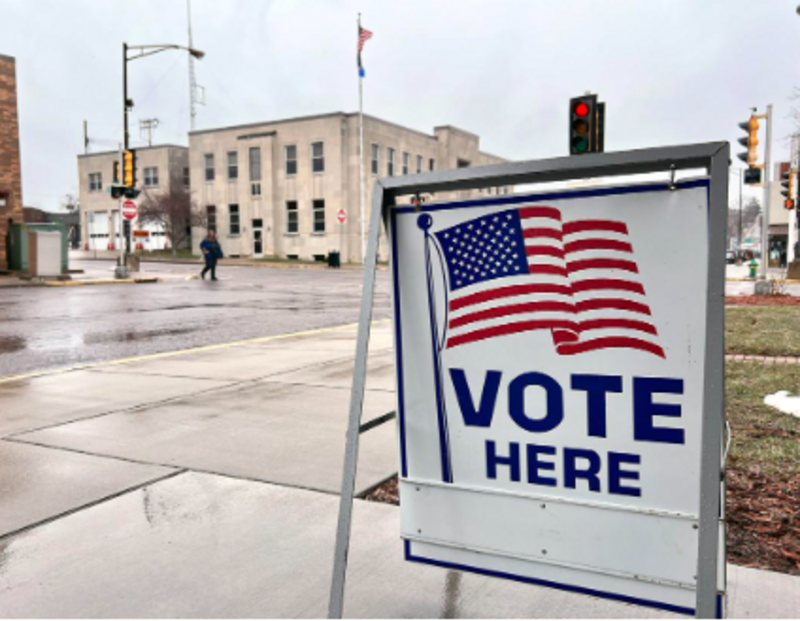If you plan to cast a ballot in the primary election on Tuesday, August 13th you need to know what to expect. Your ballot may not even have a single contested race of candidates for state legislative seats or county offices, but buried at the very end it will for sure have two questions you are expected to answer. Your answers will determine whether our state constitution will be amended to grant even more power to the legislature.
Here are the questions as they appear on your ballot:
QUESTION 1): “Delegation of appropriation power. Shall section 35 (1) of article IV of the constitution be created to provide that the legislature may not delegate its sole power to determine how monies shall be appropriated?”
QUESTION 2): “Allocation of federal moneys. Shall section 35 (2) of article IV of the constitution be created to prohibit the governor from allocating any federal moneys the governor accepts on behalf of the state without the approval of the legislature by joint resolution or as provided by legislative rule?”
Now I have a question for you. Do you consider yourself fully prepared to answer these questions? If you answered yes, you’ve done some serious homework. If you answered no, you’re not alone. They are meant to be confusing and ambiguous.
The goal of putting this measure at the bottom of the primary ballot is clearly to take full advantage of this being such a low-turnout primary August election. It’s political trickery at its finest and Wisconsin voters need to take a second look before making a knee-jerk decision.
The first question is fairly straightforward in that it would prohibit the legislature from giving up their power, to the Governor specifically, to determine how funds are appropriated.
The first question also sets up the second question which would prohibit the governor from spending federal money without the approval of the legislature (specifically the Joint Committee on Finance).
The current majority Party has been upset since the federal funding allocated by the American Rescue Plan Act (ARPA) was spent at the discretion of the governor as was allowed under current law. These emergency funds were meant to be spent quickly to shore up our economy and offer families relief during and after the pandemic.
Wisconsin allocated more than half of its ARPA funds to the economy, which is more than any other state. Funds were also dedicated to healthcare and public safety. Here are examples of how funds were allocated:
Economic Development
• $1.1 billion, or 55.8% of the total amount received, was allocated to economic development initiatives, including grants to support local businesses and workforce innovation grants to support pandemic-recovery plans like the Main Street Bounce-Back grants and the Workforce Innovation grants.
Healthcare
• The Wisconsin Department of Health Services (DHS) was given access to more than $400 million in ARPA funds to improve Wisconsin health care initiatives, including mental health and substance use disorders, as well as home and community-based services.
Good government groups have come out against these measures to amend our constitution based on their concerns over an unbalance of power. The ability to respond to emergencies like flooding, tornadoes, a bridge collapse or pandemic would definitely be negatively affected by such a radical move these amendments would cause.
In fact, during the pandemic, the Majority Party in the legislature waited more than 8 months to take action. It was disheartening to see a complete lack of leadership during this time period. Conversely, Governor Evers went straight to work and responded immediately with ARPA funds. Emergencies require our elected leaders to act quickly. These constitutional changes will slow down, and may, all together stop our response to unforeseen crises.
Placing constitutional amendments on the ballot during low-turnout August elections is also concerning. Should our constitution be amended by a small percentage of the voters? It’s bad enough that the language is so confusing that voters may mistakenly think they should vote yes without understanding the consequences.
Our legislature is already far too contentious and, if approved, actions like this will only make things worse.
Memberships
Senator Jeff Smith has served in the State Senate since 2019. Senator Smith has worked tirelessly in his community on public education opportunities, health care access and affordability, redistricting reform, protections for water and helping people run for elected office.



Add new comment